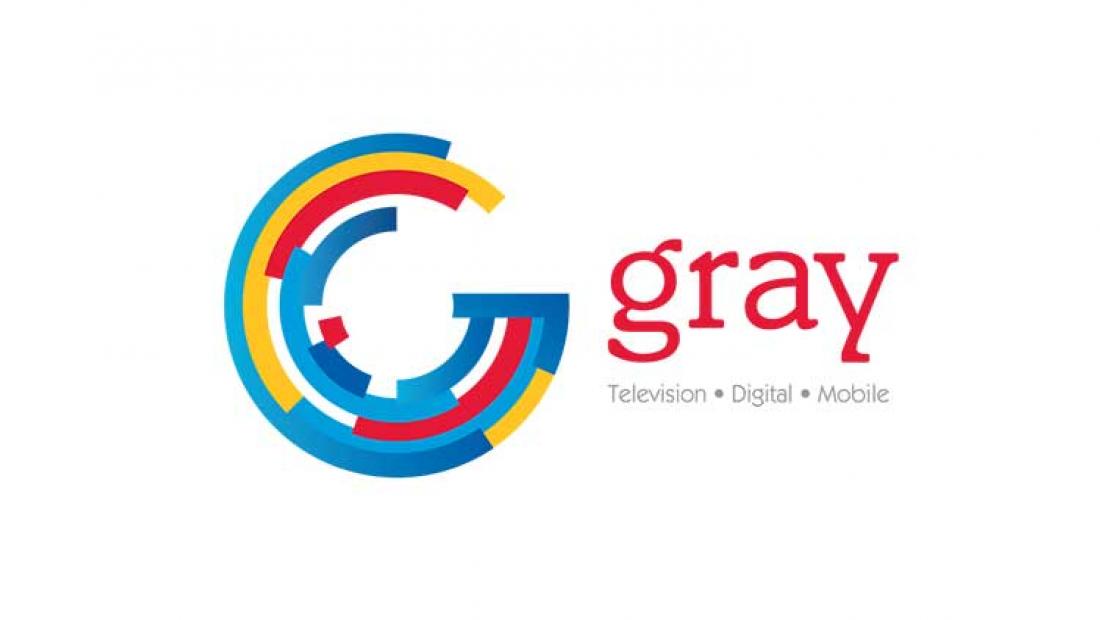Gray Television Ties OTT Retrans to Local News
Presses for action on 2014 proposal to apply retrans regs to online video

The smarter way to stay on top of broadcasting and cable industry. Sign up below
You are now subscribed
Your newsletter sign-up was successful
Gray Television is pushing the FCC to classify over-the-top video providers as MVPDs so they will have to negotiate carriage with stations.
That is according to a presentation to FCC commissioner Nathan Simington and his media advisor, Adam Cassady, by Gray counsel and former FCC commissioner Robert McDowell.
Gray is tying that and request for other regulatory changes to the value of local journalism.
In a presentation to Simington and Cassady, according to an FCC document, McDowell said that because of "quirks" in copyright law and FCC regs, OTT services like Hulu and YouTube TV don't have to negotiate retransmission consent with individual stations.
Also Read: Affiliates Ask FCC to Revive OTT-Regulating Item
Instead, he said, ABC, CBS, Fox and NBC negotiate the agreements then offer them to stations at what he calls rates often "far lower than the stations receive for traditional MVPD retransmission consent."
That, said McDowell and Gray, is a "regulatory distortion" that "artificially reduces
station resources that otherwise would be directed to local news production."
McDowell pointed out that the FCC has a proceeding pending since 2014--when then chairman Tom Wheeler teed it up as a way to promote OTT competition to traditional video--to "correct" the problem by classifying linear
OTTs as MVPDs when it comes to retransmission consent.
Linear OTTs provide day and date lineups of content channels similar to cable and satellite operators. Wheeler wanted to make sure those OTTs got nondiscriminatory access to programming affiliated with competing cable and satellite distributors.
Last year, and under previous FCC chairman Ajit Pai, the network affiliate associations collectively asked the FCC to reopen the issue, pointing out that OTTs were beyond the reach of retrans and program access rules.
While it had Simington's ear, Gray also called for excluding local news from the FCC rule that if a station providers more than 15% of programming to another, the FCC treats the two as co-owned and thus subject to limits on duopolies. "Excluding local news from this limitation would incentivize stronger stations to supply local news programming to weaker stations and increase the amount of local news content aired in the market," McDowell told them.
The smarter way to stay on top of broadcasting and cable industry. Sign up below
Contributing editor John Eggerton has been an editor and/or writer on media regulation, legislation and policy for over four decades, including covering the FCC, FTC, Congress, the major media trade associations, and the federal courts. In addition to Multichannel News and Broadcasting + Cable, his work has appeared in Radio World, TV Technology, TV Fax, This Week in Consumer Electronics, Variety and the Encyclopedia Britannica.

